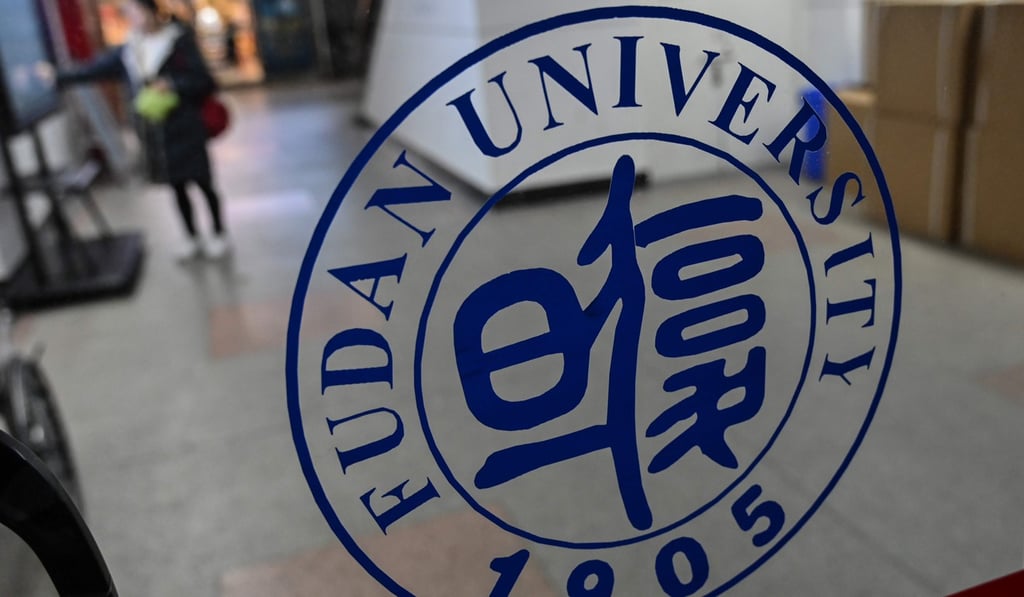Sino File | Why China’s crackdown on academic freedom will backfire
- Beijing’s recent decision to remove a statement about academic freedom sparked protests at Fudan University – and they had a point
- This political suppression runs counter to Xi Jinping’s programme of ‘national rejuvenation’, undermining its reach for a knowledge-based economy

But when the government’s decision to drop the statement from the charter of Shanghai’s Fudan University came to light on December 17, it sparked a rare act of defiance. Students gathered in a cafeteria during their lunch break and joined in a rendition of school’s official anthem, which extols “academic independence and freedom of thought”. Professors and educators continued to show their discontent by joining in a chorus of the anthem on December 21, when they gathered to celebrate the 40th anniversary of the school’s world economics department.

Established in 1905 by Ma Xiangbo, a famous Chinese Jesuit priest and educator, Fudan is considered one of the most prestigious and liberal campuses in China. Fudan got its name from the Confucian quotation “Its light shines heavily day after day”, committing its members towards undertakings that will brighten society.
Student protests have been rare in China since the bloody military crackdown on the student-led democratic movement in 1989. Though academic freedom is scarce in any communist-ruled nation, between 1978 and 1989 there had been some progress under the stewardship of reformist party leaders Hu Yaobang and Zhao Ziyang. Two of China’s post-1989 leaders, Jiang Zemin and Hu Jintao, showed a limited tolerance towards freedom in classrooms, despite rejecting any meaningful political reform.
